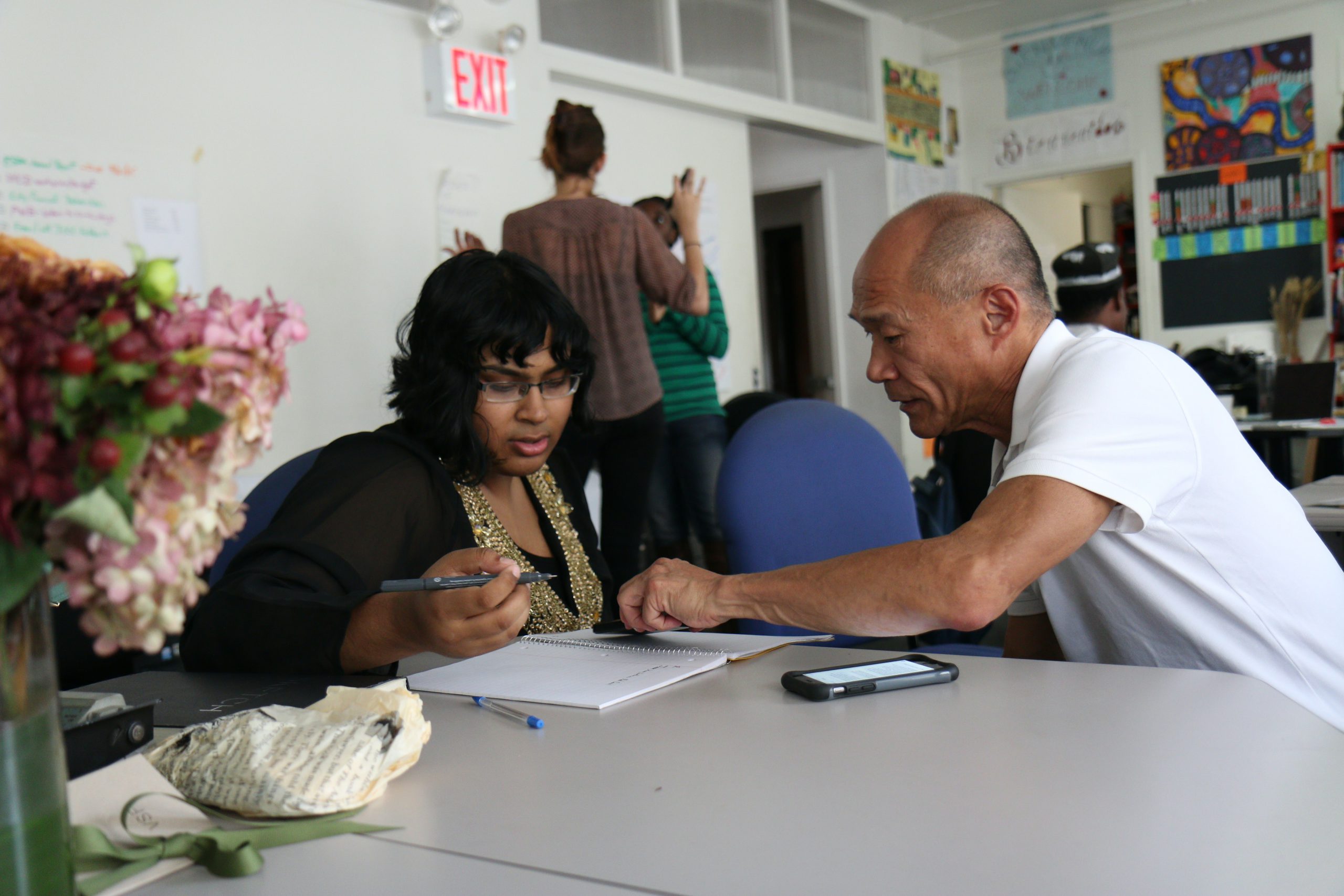Humans beings depend on communication. Imagine losing the ability to speak either partially or completely in one day. In Canada, the reality is, over 100 000 people are currently dealing with Aphasia and trying to regain control over the parts of their brain that manage language, and communication. There are many different therapies and treatments to help patients rebuild neural pathways in their brain, specifically to regain speech and communication skills. Among these methods is Melodic Intonation Therapy. A surprisingly effective tool to regain some control over the language and speech parts of the brain.

What is Aphasia?
According to the National Aphasia Institute, Aphasia is “an impairment of language, affecting the production or comprehension of speech and the ability to read or write. Aphasia is always due to injury to the brain-most commonly from a stroke, particularly in older individuals. But brain injuries resulting in aphasia may also arise from head trauma, from brain tumors, or from infections.” The severity, duration and effects on language retrieval of these brain injures are as different as each person who suffers from this impairment. The effects that a stroke, or any injury to the brain will have on the individual are directly linked with where that injury is located in the brain. If the damage is in the left frontal lobe or the middle of the left posterior lobe, the risk of aphasia is extremely high. These areas are where the brain controls speech, communication and understanding of language.

How does Melodic Intonation Therapy work?
When recovering from a stroke, or a traumatic brain injury resulting in aphasia, there are a myriad of therapies to choose from that can be recommended, combined and adapted on a case by case basis. Each patient’s aphasia will be different, and the way they are able to rebuild their brain and re-learn the skills needed for easier verbal communication will be different as well. It is quite common to combine a variety of treatments to best serve the patient. Lots of these therapies work on the basis of practicing speech while also working on another activity or performing an action or movement to get the brain to activate in a way that helps the patient communicate. How Musical Intonation Therapy does this, is by activating different parts of the right lobe of the brain that are not affected by the injury. These parts of the brain are used in singing.
Music has proven to be an excellent tool, not only in Melodic Intonation Therapy, but in other physical therapies, and even psychological therapy.
Surprisingly, many patients with severe aphasia, to the point they are barely able to communicate verbally, are able to sing complete sentences and songs with relative ease. Practically, the therapist creates a simple melody, often with two tones, and sings one word or one short sentence on that melody. The patient can then sing along with them, and repeat this short musical phrase. As they improve, the sentences become longer and more difficult. Often, the patient is encouraged to use a physical gesture to tap along, as this activates the part of the brain associated with rhythm. This evidence based method has allowed remarkable recovery for some people who were unable to use verbal communication at all.
Going through the process of recovering or helping a loved one recover from a traumatic brain injury is a huge endeavor. Thankfully as time goes on the scientific community has made leaps and bounds on how the brain works and how we are able to rebuild or work around damaged neurons. Music has proven to be an excellent tool, not only in Melodic Intonation Therapy, but in other physical therapies, and even psychological therapy. It activates the brain in a way that is different from speech, and allows patients to bypass other blocks, or injuries that had previously prevented them from making progress.

If you or a loved on is going through this kind of recovery and you are looking for more information on if Musical Intonation Therapy is right for you, please speak to your doctor and check out the Heart and Stroke Foundation website.











